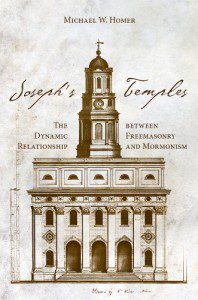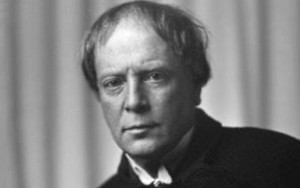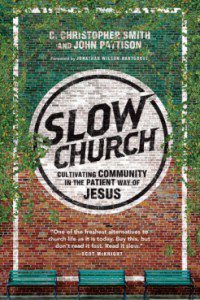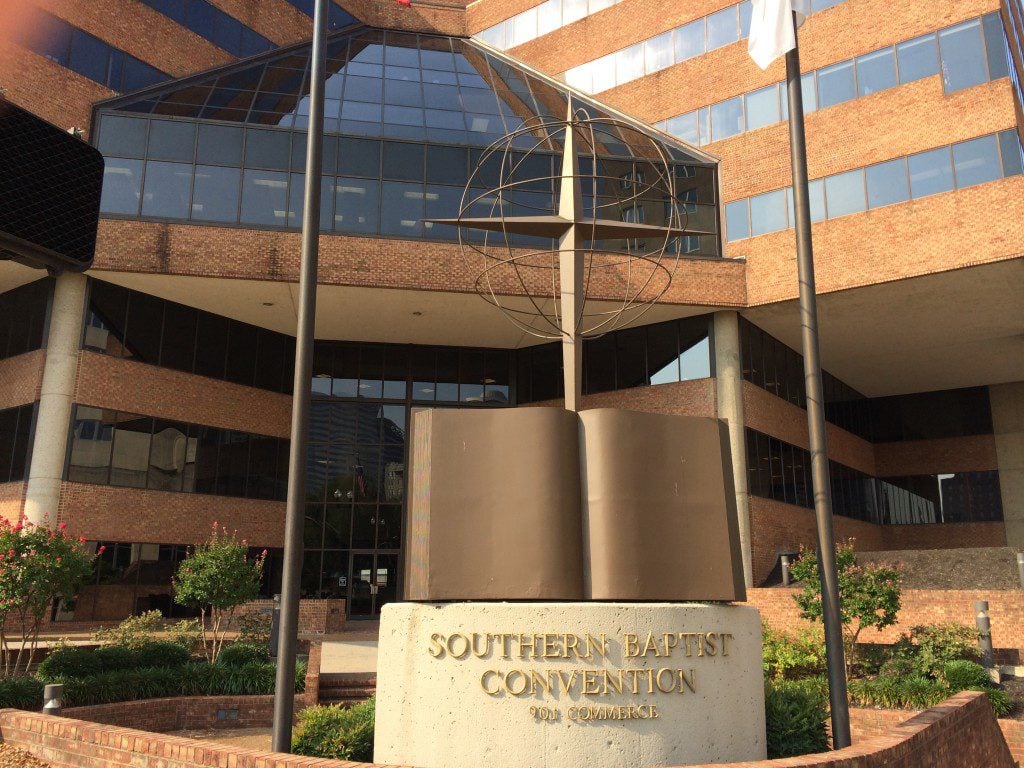Traditionally, summer is the time for reading lists. In honor of that tradition, I present the following post. Among Anxious Bench authors, I am a bit of an anomaly. My colleagues on the blog–Agnes Howard, Tal Howard, Thomas Kidd, Philip Jenkins, David Swartz, and John Turner–all hold positions in history departments. I teach in a theological seminary, something that brings unique rewards but also concomitant challenges. Like all professors, I face the challenge of assigning books that will pique and... Read more

















